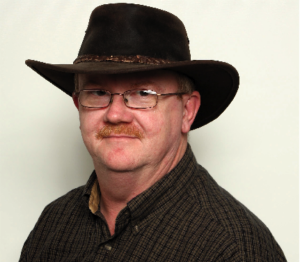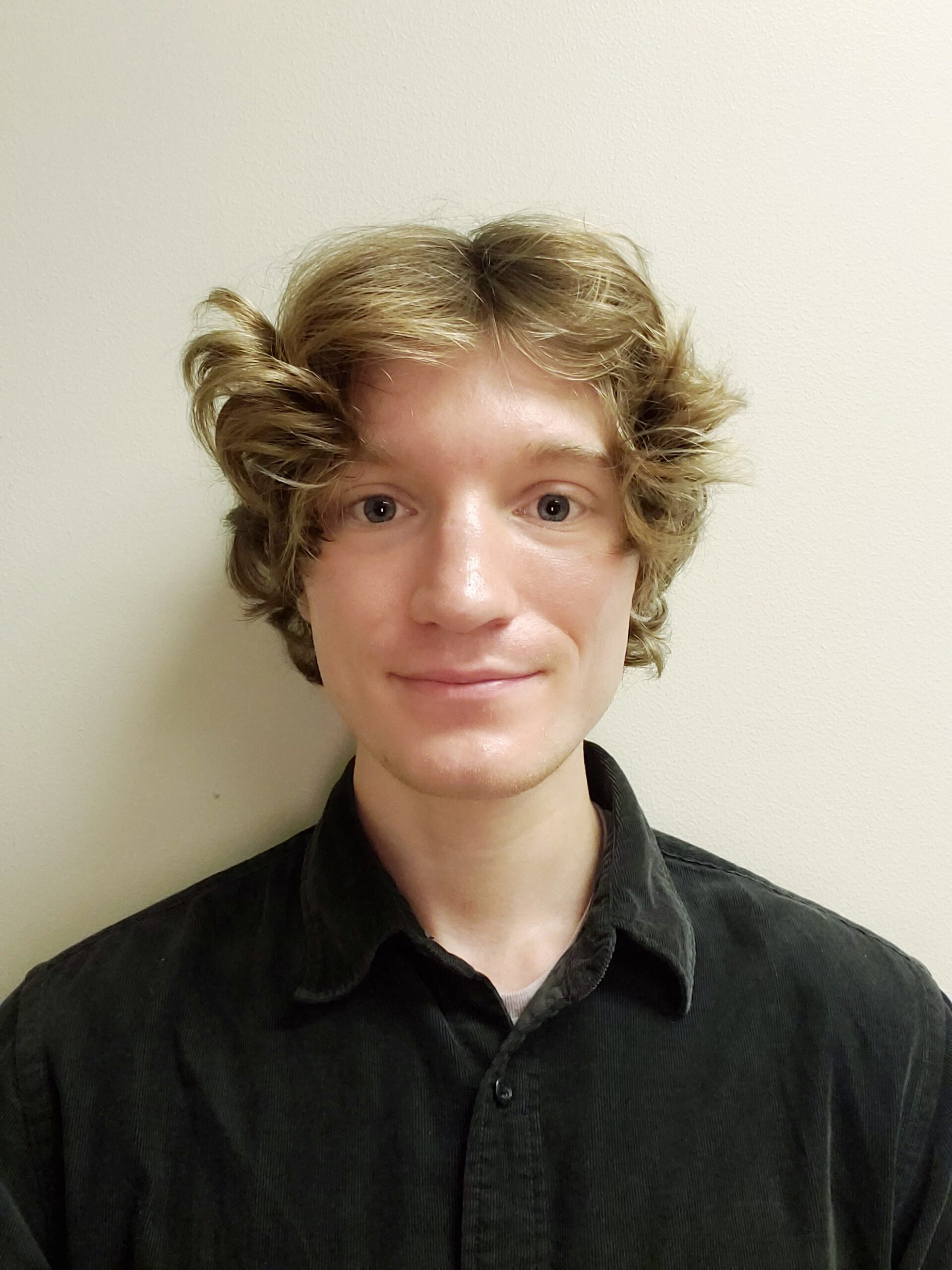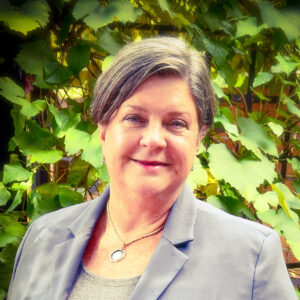Solicita ahora para formar parte de nuestra próxima grupo de Becados en Ciencia científicos comunitarios y líderes comunitarios.
The town of Camp Hill is situated in Tallapoosa County in east-central Alabama, approximately 20 miles northeast of the city of Auburn and about 50 miles east of Montgomery, the state capital. With a current population of just over 1000 people, Camp Hill was incorporated in 1895, with the most recent census concluding that the town’s population is predominantly (~87%) Black or African American. Camp Hill is located in the Tallapoosa River Basin, which measures 4,675 square miles and flows through ten additional counties in Alabama.
As it stands, Camp Hill faces challenges with respect to its drinking water and sewer systems. Outdated infrastructure, inadequate repair practices, and limited funding, along with a general lack of publicly available information on the town’s water resources all contribute to Camp Hill’s issues with maintaining these systems. Put simply, underground pipes transporting water in both the sewage and drinking water systems are affected by 1) repeated breakage in several parts of town due to heavy vehicles compacting the ground above said pipes, and; 2) gradual degradation due to their age and lack of preventive maintenance.
Existing documentation for the water and sewer system is primarily paper maps located in the town’s archives which are difficult to read and some have become damaged. Current employees who have worked with the system over the years hold a great deal of legacy knowledge about the system and operation, and this needs to be documented to the extent practicable for future operations.
In order to assess current conditions and prioritize needed repairs to water infrastructure, the community of Camp Hill requires a means of effectively documenting both its drinking water system and sewer water systems along with other co-located infrastructure such as natural gas distribution. While several problem areas within the current systems have been identified, a full scope analysis of the systems is necessary for determining a proper course of action.
Scope:
Salidas:
Future Goals:
Although the timeline for this project spans a full year, the selected candidate is not required to be consistently available throughout the duration of the timeline. The main deliverables assigned to the scientist are the spatial analysis components of the project, which have a hard deadline of March 31st, 2025.

Dean Bonner is a modestly successful humorist and writer with a quarterfinalist win in the Austin Film Festival. As a board member of Alabama Center for Rural Organizing and Systemic Solutions, he continues the hands-on and organizational work he’s been doing for 15 years to make Camp Hill better for the people already living there. Dean is a retired Coast Guard officer with storm recovery experience who holds a BS in Security Management that encompasses Emergency Management, and an international Certified Protection Professional board certification from the American Society for Industrial Security International (ASIS).
Sharon Brooks photo and bio coming soon

Matthew Coughlin – (he/him) is a junior research specialist at the University of California, Berkeley where he studies parasitism relationships in insects and their role in preventing significant impacts to the agriculture industry. He currently works in a lab studying the management of spotted wing drosophila, an invasive fruit fly that devastates berry farms every year. Matthew is highly passionate about conservation, science communication and urban planning. He received his Bachelor’s of Science from the University of Maryland, College Park in Environmental Science & Technology. Between graduating university in 2018 and his current role, he has worked in a variety of roles ranging from teaching English abroad in France to working in environmental and social governance. His interests include foreign language study, cooking, gardening, visiting museums and hiking.

Kathleen Kirkpatrick is an environmental engineer and climate activist with a passion for helping rural communities in the South become more resilient and sustainable. She grew up mostly in Alabama, left the region to attend college and pursue a career in environmental protection, then returned in 2012 after her hometown of Tuscaloosa was devastated by a tornado. A dedicated advocate for environmental and social justice, Kathleen earned a bachelor’s degree in chemical and ocean engineering from the University of Rhode Island and pursued graduate studies in sustainable building and Biomimicry. With a diverse career ranging from environmental policy, sustainability education, and nonprofit management to movement politics, she continues to work collaboratively with others in the climate & environmental justice movement towards a Just transition for Southern communities. She serves on the board of directors for Coosa Riverkeeper, the Alabama Sustainable Agriculture Network (ASAN), and the Alabama Center for Rural Organizing and Sustainable Solutions (ACROSS).
Warren Tidwell photo and bio coming soon
Are you passionate about leveraging Geographic Information Systems (GIS) to make a positive impact on rural communities’ water infrastructure? Join our dynamic team and be part of an exciting project dedicated to improving drinking and sewer water systems in Camp Hill, Alabama.
Project Overview:
We are seeking a GIS specialist to contribute their expertise to a project focused on addressing water infrastructure challenges in rural communities. By harnessing the power of GIS technology, we aim to analyze, map, and optimize water distribution systems, ensuring reliable access to quality drinking water for all residents.
Your Role:
As a GIS specialist, you will play a crucial role in:
Join Us in Making a Difference!
If you’re ready to use your GIS expertise to drive positive change and contribute to sustainable water solutions in the community of Camp Hill, Alabama, we want to hear from you!
Apply now to be part of this impactful project.
Thriving Earth Exchange asks all technical partners to work with the community to help define a project with concrete local impact to which they can contribute as pro-bono volunteers and collaborators. This work can also position the scientists and communities to seek additional funding together for the next stage.
Interested in volunteering on this project? Apply now!
(c) 2024 Thriving Earth Exchange